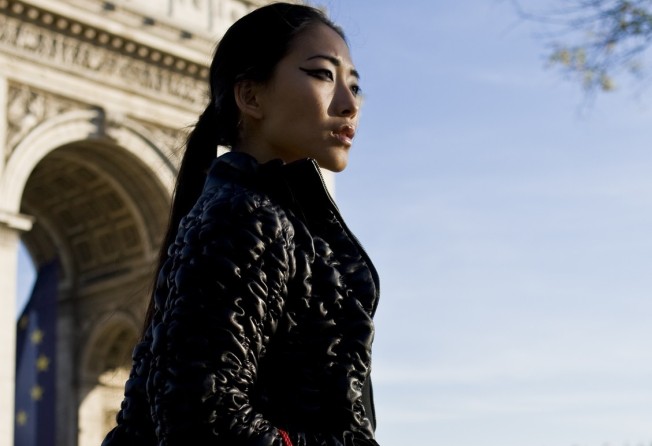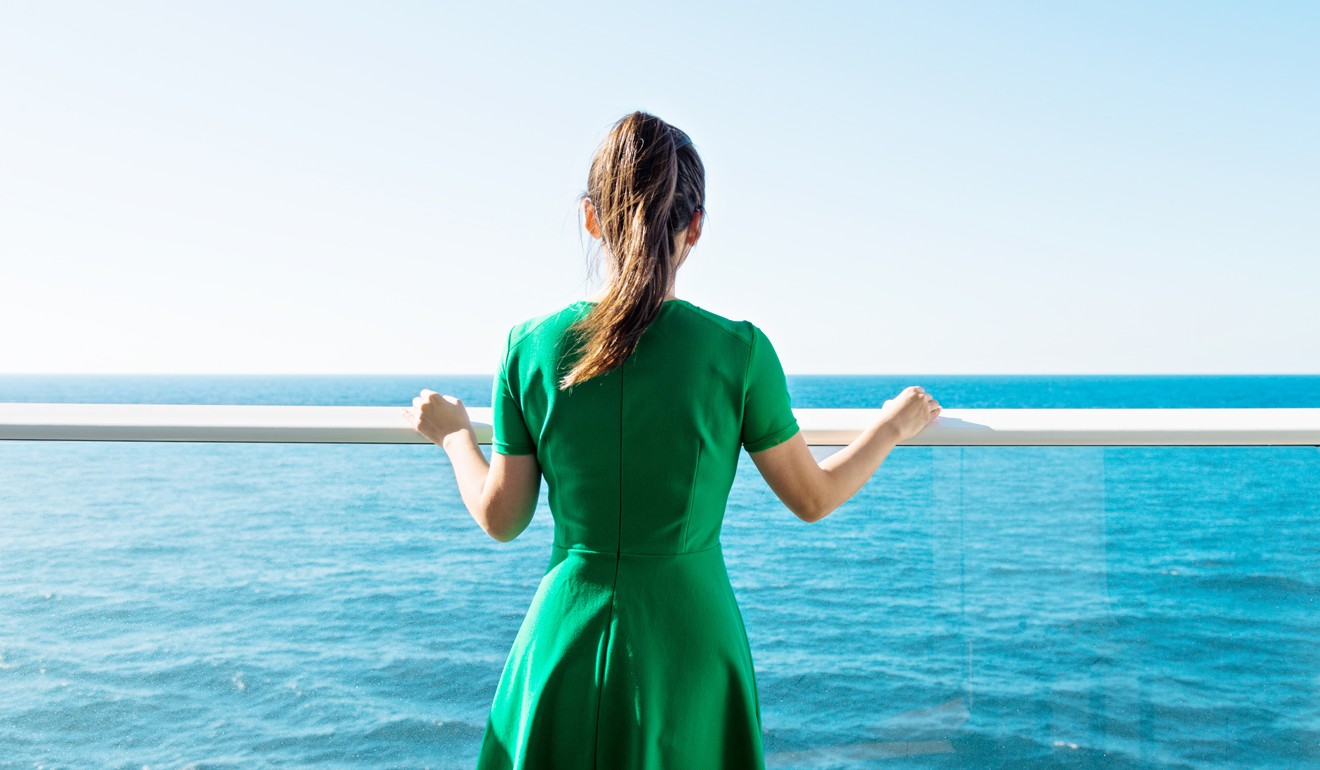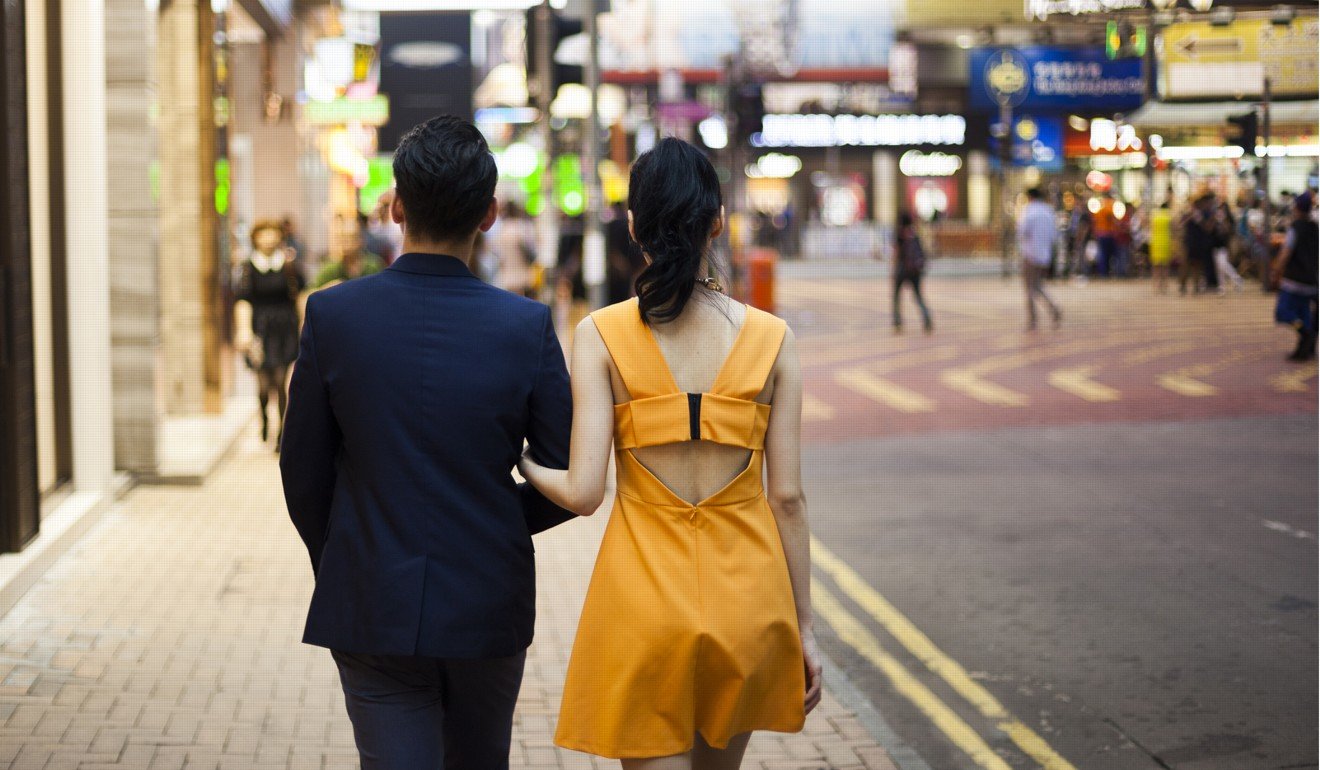
How green has become the new gold for luxury Chinese travellers
The ‘China Insight Report: Next-Gen Luxury Leaders: Affluent Chinese Families’ shows sustainability and wellness are top priorities

With outbound and domestic travel booming, ILTM China arrived in Shanghai earlier this month in response to demand for a dedicated Chinese version with the market now too large to simply just be part of Asia.
Hundreds of millions of Chinese people travelled here, there and everywhere during China’s Golden Week of national holidays at the start of October; while these big numbers make for easy headlines, they actually mean very little.

China specialises in big numbers, so with this undeniable premise accepted, the real question is: what do luxury Chinese travellers want?
To understand how to engage, capture, delight or any term related to this crucial demographic, there should first be understanding of what these terms really mean.
Chinese society is constantly evolving, regional travel preferences continually develop, and the very definition of luxury itself has been reinvented.
The ever-evolving definition of luxury

Luxury is no longer restricted to set lifestyles, products or tradition.
Luxury is now without borders or boundaries, as the evolving Chinese consumer redefines what they see as aspirational, desirable and exquisite, based on the true meaning of the word.
The unique composition of Chinese culture today sees family life as a foundation for the luxury lifestyle of Chinese Millennials and Gen-X-ers.
Luxury brands of all categories clamour to capture the modern Chinese family – Baby Dior campaigns with toddler key opinion leaders, China has the most Burberry Kids stores in the world, and new Chinese parents not only demand but expect special organic food, imported children’s furniture.
Recognising this massive opportunity, The Luxury Conversation published a “China Insight Report: Next-Gen Luxury Leaders: Affluent Chinese Families”.
“ILTM Asia-Pacific is a larger event than ILTM China, as it targets agents from the entire region. This means that the hotel chains, destinations and brands had varying objectives for attending the show,” said Andy Ventris, Luxury Portfolio Manager at ILTM.
“Some were looking to focus on particular regions such as the Australasian or southeast Asian markets and others look at brand building and are less focused on which agents they wish to meet at the event.”
“The agents that attend are all high producing and it’s a requirement that they place business in multiple markets – meaning that they can have productive meetings with suppliers from all parts of the world.”
The report itself spoke to over 400 affluent respondents across first-tier cities in China, revealing fascinating insights into the travel dreams and desires of this crucial demographic – particularly in the area of all things green: sustainability, wellness and health.
The association with being clean and green – a global citizen

The health and wellness industry has been booming in China recently – not only gyms and exercise classes, but many categories of luxury are involving well-being, eco-friendliness and the like into their product and service offering.
Hotels are eager to promote their love of the planet, such as The Middle House in Shanghai boasting a plastic-free pledge, The Peninsula rolling out Lululemon Yoga mass-participation events seemingly each weekend, or The Upper House in Hong Kong opting for electric BMW i3’s as their hotel car.
Gucci going fur-free gained enormous traction in China and Kering created an ‘eco Profit & Loss’ app for their customers to track and share their overall eco-do-goodery on a continual basis.
Luxury Chinese consumers are not only eco-aware but keen to demonstrate that they are both conscious, righteous global citizens and have both the knowledge and free time to eat clean, and yoga often.
The contemporary selfie is no longer only a facial pout but a full-body shot, post-gym session shot.
This green and healthy angle is not a mere trend, it is a lifestyle – and the same expectations are carried into their travel expectations.
In the travel survey, people were asked how important they viewed a range of points – and for “hotel’s commitment to sustainability” and “availability of wellness programmes”, over 70 per cent marked these points as “very important”.
The great outdoors beckons

Travel destination preferences also showed a strong favour towards adventure, the outdoors and places of nature and wilderness.
Among all possible global travel spots, Australia, New Zealand, Canada and France all proved to be highest on the wish list of affluent Chinese parents to take their child to – and over 65 per cent had “strong interest” in taking their child on an extreme adventure such as an African exploration and Arctic travel.
Focusing on the health aspect, over 75 per cent chose “organic food” as “very important” in relation to their preferences for a resort’s kids’ club offering.
Education on wellness was a key selection for affluent Chinese parents in terms of what they expect their children to experience at a kids club.
This article originally appeared on The Luxury Conversation .